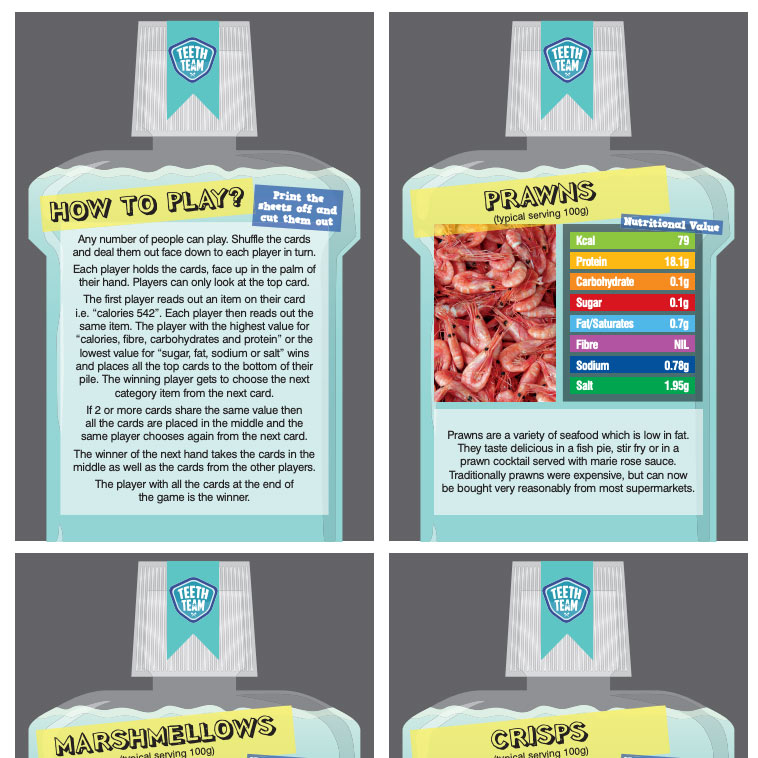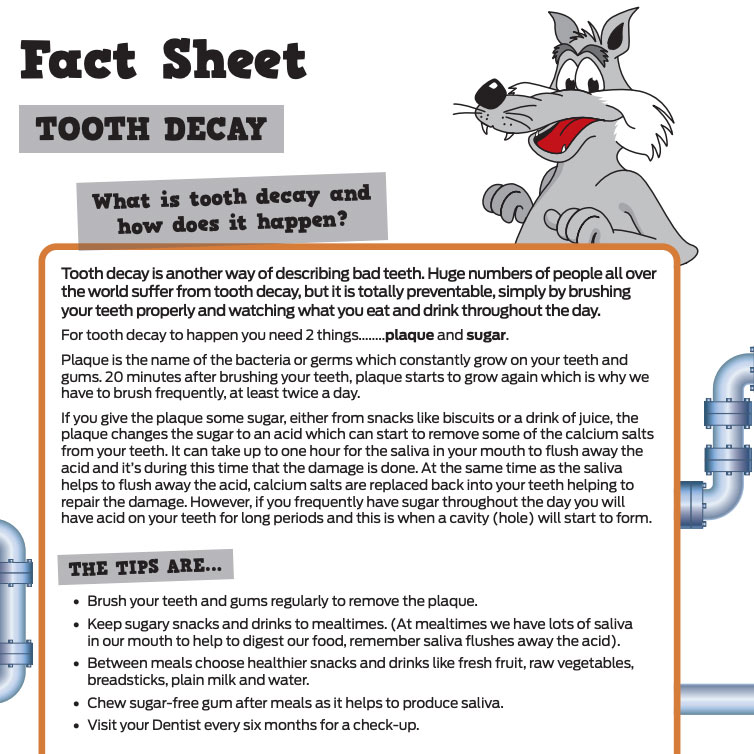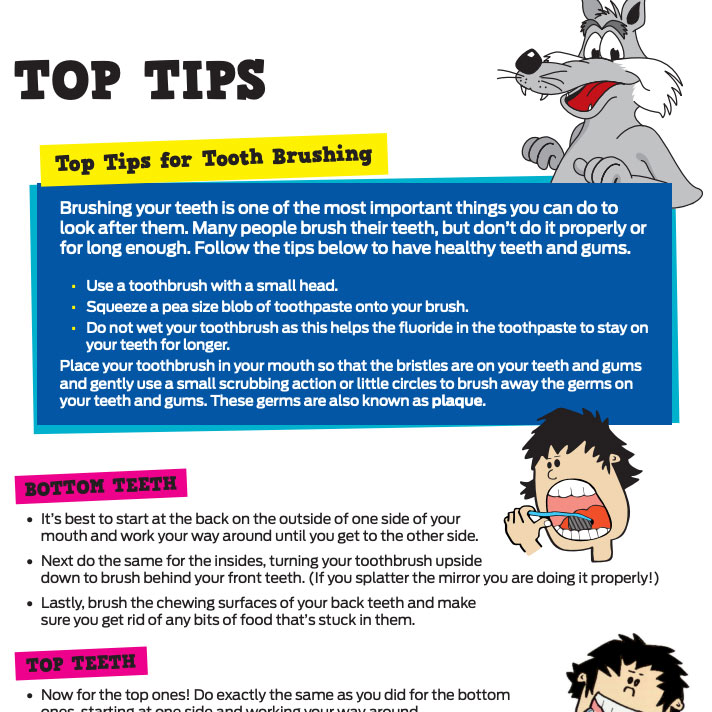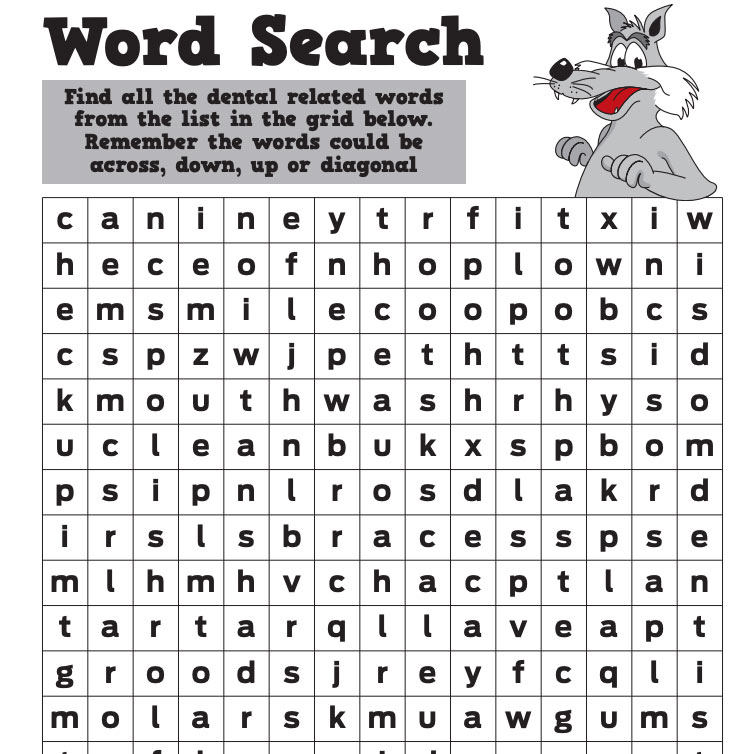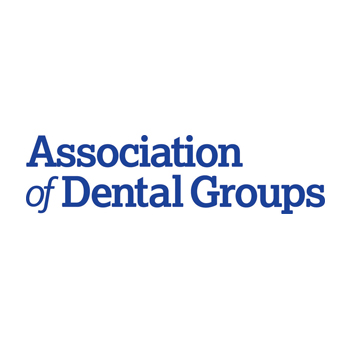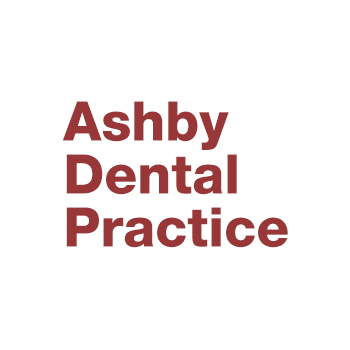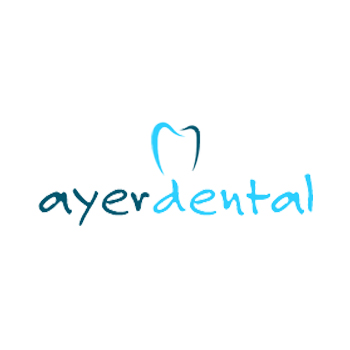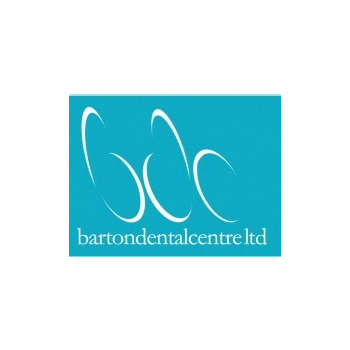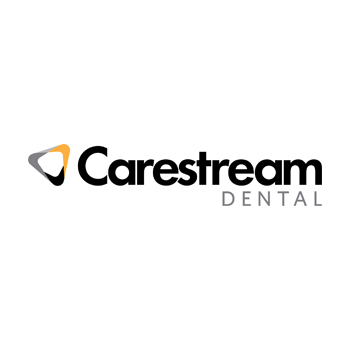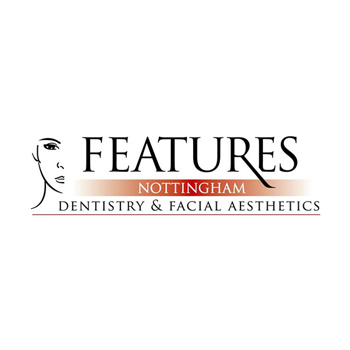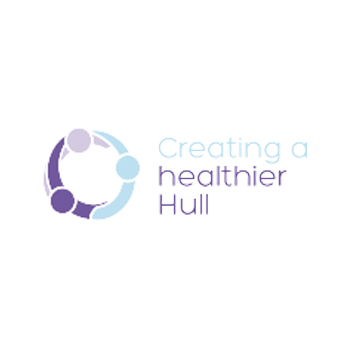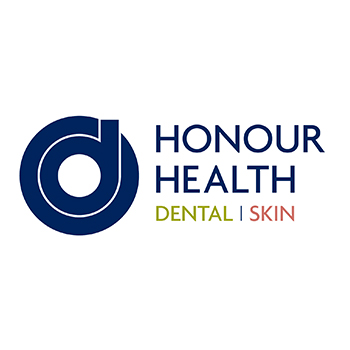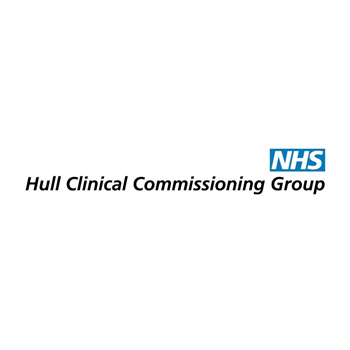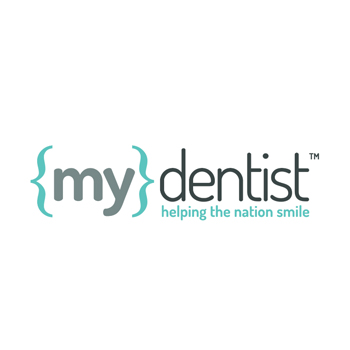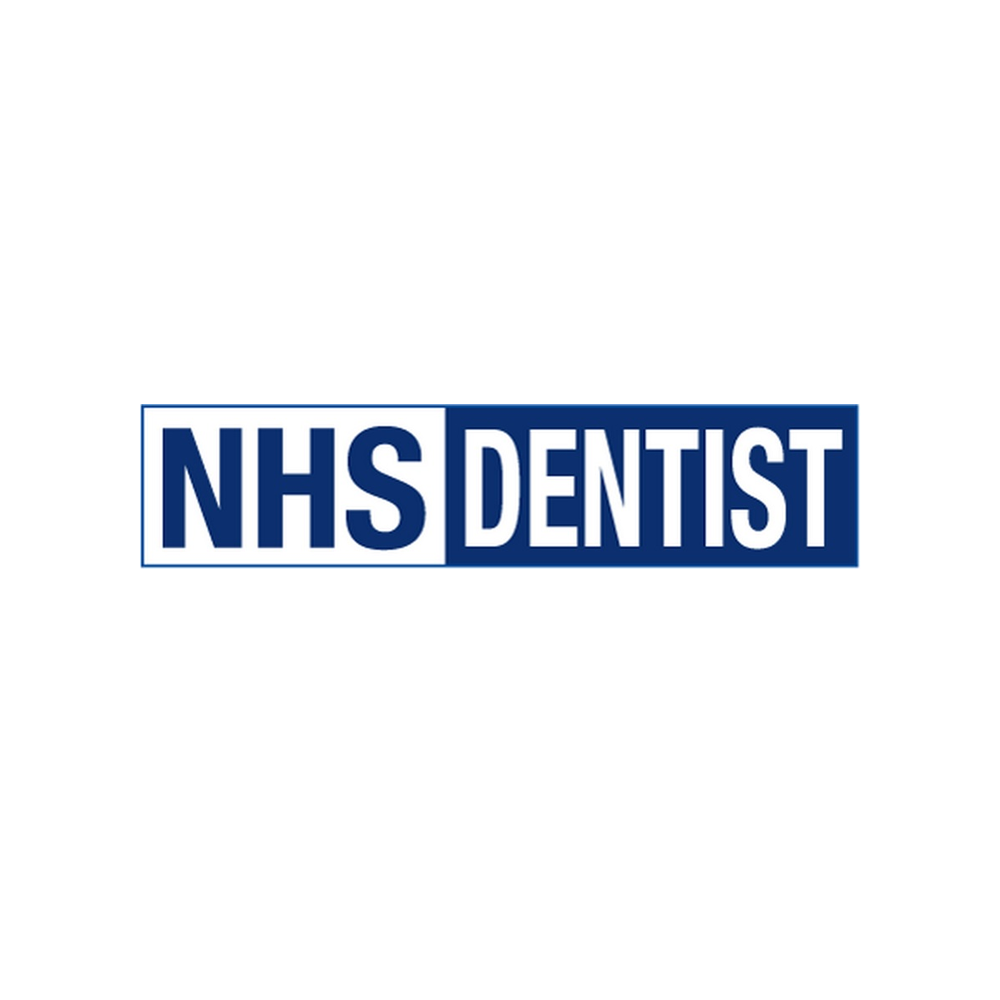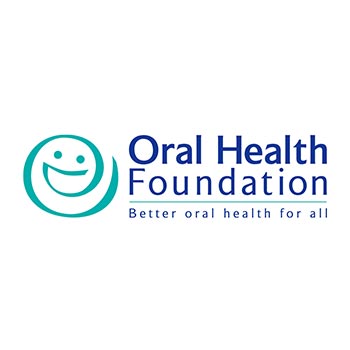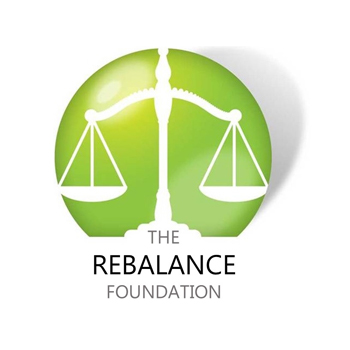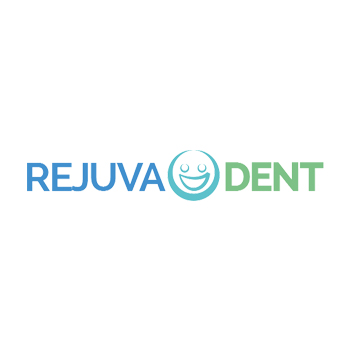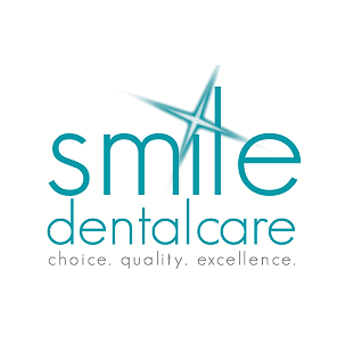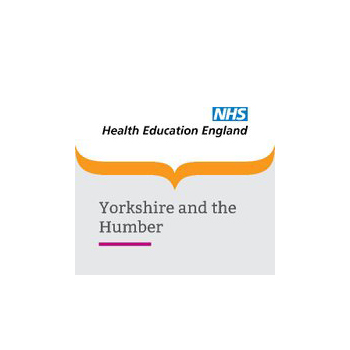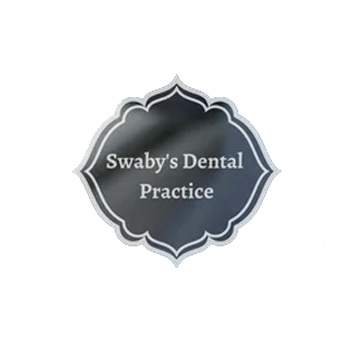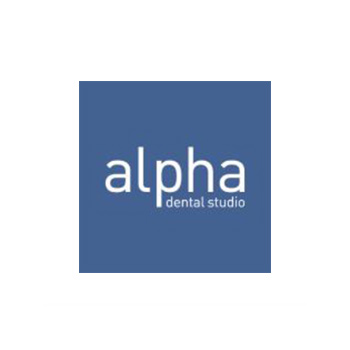By the time I grow in, you should know how to take care of me!
DENTAL SUPERHEROES TO PROTECT YOUR TEETH!
MEET THE TEETH TEAM
K9
Baby Toof
Don’t leave me out! Babies are never too young to visit the dentist.
Captain Incisor
Brush me properly to keep me healthy and bright.
Premolar Girl
A fluoride varnish can help protect my chewing surfaces.
Mighty Molar
Learn how to floss to keep me clean.
You’re practically an adult now, so we don’t need to remind you about daily brushing and flossing, right? But you might still have some dental-related questions we can answer, and that’s what we’re here for. We’ve rounded up a few of the most commonly-asked questions from teens, so see if your question is listed and, if not, get in touch!

FAQs
I’m thinking of getting a mouth piercing. Will it damage my teeth?
Body piercings are growing in popularity, especially amongst teenagers, with the most popular being the mouth. Despite the fact there are regulations regarding the practice of body piercing, there are numerous establishments that ignore age restrictions and sterilisation guidelines, putting many teenagers at risk of developing infections, possible scarring and even life-threatening injury.
If you are considering having a mouth piercing, be it your lip or tongue, perhaps you should consider all the risks before going ahead.
Well the most common ones are infection and major blood loss. If the site of the piercing is not kept adequately clean, an infection can very quickly develop spreading bacteria throughout the body. There was a case where a 15-year-old girl developed an abscess on her brain!
The tongue also has a major blood supply. Many people experience severe blood loss after a tongue piercing and need to go to A&E as they can’t stop the bleeding.
Quite often another problem we find is chipped front teeth. As the person talks, their tongue obviously moves and the stud section of the bar comes into contact with the teeth. Over a period of time, repeated contact between the stud and the teeth causes them to weaken and fragments of teeth break off. When you consider your front teeth are the most noticeable ones, especially when you smile and talk, your appearance can be drastically changed.
Frequently the gum is worn away from behind the lower front teeth as the stud rubs against it. This can lead to sensitive teeth and in some cases bone loss, which may result in mobile teeth.
Speech is very often affected. Many experience problems with talking as they are conscious of the bar and tend to hold their tongue in a different position to usual, making the pronunciation of words difficult. This can lead to embarrassment and may affect your confidence.
Finally, dental treatment can prove to be difficult if mouth piercings are in place. If you would like to have braces to straighten your teeth you may be refused treatment if you have mouth piercings. The bar and stud can interfere with the wires and brackets, preventing the teeth from moving or even causing injury.
So think carefully before having a mouth piercing. It may seem like a trendy thing to do and may annoy your parents, but it could be one of the biggest mistakes you make!
How can smoking affect my oral health?
Many teenagers experiment with smoking because of peer pressure. It’s portrayed as being “cool” and a grown-up thing to do. You might also think the younger kids will look up to you, but you will be causing so much damage, not only to your general health by increasing your chances of heart disease and lung cancer, but also to your mouth.
The first thing you notice about a smoker is their breath. It doesn’t smell particularly pleasant, especially when they are up close! Their teeth are usually stained with nicotine and quite often they show signs of gum disease. Most importantly, if you smoke you increase your risk of developing mouth cancer.
Here are some ways smoking affects your mouth:
- Bad breath
- Stained teeth
- Gum disease
- Loose teeth
- Healing takes longer after an extraction, possibly leading to an infection
- Reduces ability to taste food properly
- Can cause mouth cancer
I’ve heard that drinking alcohol can harm my teeth. How?
You’re probably already aware of some of the harmful effects of alcohol on your general health, such as weight gain and increased risk of heart and liver disease, but there are dental consequences too, such as:
- The risk of mouth cancer is six times higher in drinkers of alcohol.
- Alcohol increases your risk of gum disease.
- Most alcoholic beverages contain high levels of sugar, increasing risk of tooth decay.
- Alcohol-related accidents put you at a greater risk of damaging or knocking out teeth.
- Red wine stains teeth, sometimes instantly.
- Citrus in mixed drinks contains acid that attacks enamel.
- Alcohol dries your mouth, reducing the flow of beneficial saliva.
- Beer contains harmful acids.
- Barley and malts found in darker beers stain teeth.
- Alcohol is often mixed with soft drinks or fruit juices, all of which are high in sugar content.
So if you’re going to drink, we recommend limiting alcohol intake to mealtimes and remember to always drink in moderation.
Are energy drinks healthy?
No! Although popular, energy drinks typically contain much more sugar and acid than even fizzy drinks such as colas. According to author Jonathan Waldman’s book ‘Rust: The Longest War’, one in seven new energy drinks are too corrosive to be placed in aluminium cans. In fact, one Canadian dentist recently performed an experiment where he dropped real teeth into bottles of energy drinks and colas for two weeks. The results were shocking, with both drinks badly staining the teeth, but the tooth in the energy drink was literally crumbling away. The sugar-free version didn’t fare much better, as the high acid content dissolves the enamel of your teeth.
So if you need an energy lift, for example before a night out, you’re much better off with a cup of green tea!
I’m a bit of a night owl. How can staying up late damage my teeth?
The later you stay up, the more likely you are to be ‘too tired’ by the time you head for bed to make a brush stop in the bathroom. So all the bacteria that have accumulated throughout the day will be free to feast on your tooth enamel all night long – a dental disaster!
Another contributing factor is that, when you inevitably wake up late the next morning, you’re more inclined to run out of the house without eating breakfast. This has a number of health consequences, including that it encourages snacking during the long wait for lunch. Snacking means that teeth are exposed to acids over a long period, as opposed to being limited to mealtimes.
We know it can be hard to remain diligent about dental hygiene, but here are a few good reasons to stay on top of it:
- Brushing your teeth regularly helps prevent bad breath
- Brushing and flossing prevent the build-up of unsightly plaque and tartar
- Skipping breakfast and snacking can cause weight gain and spots
WATCH THE VIDEOS!
TEETH TEAM ACTIVITIES & GAMES
PROUDLY SUPPORTED BY

